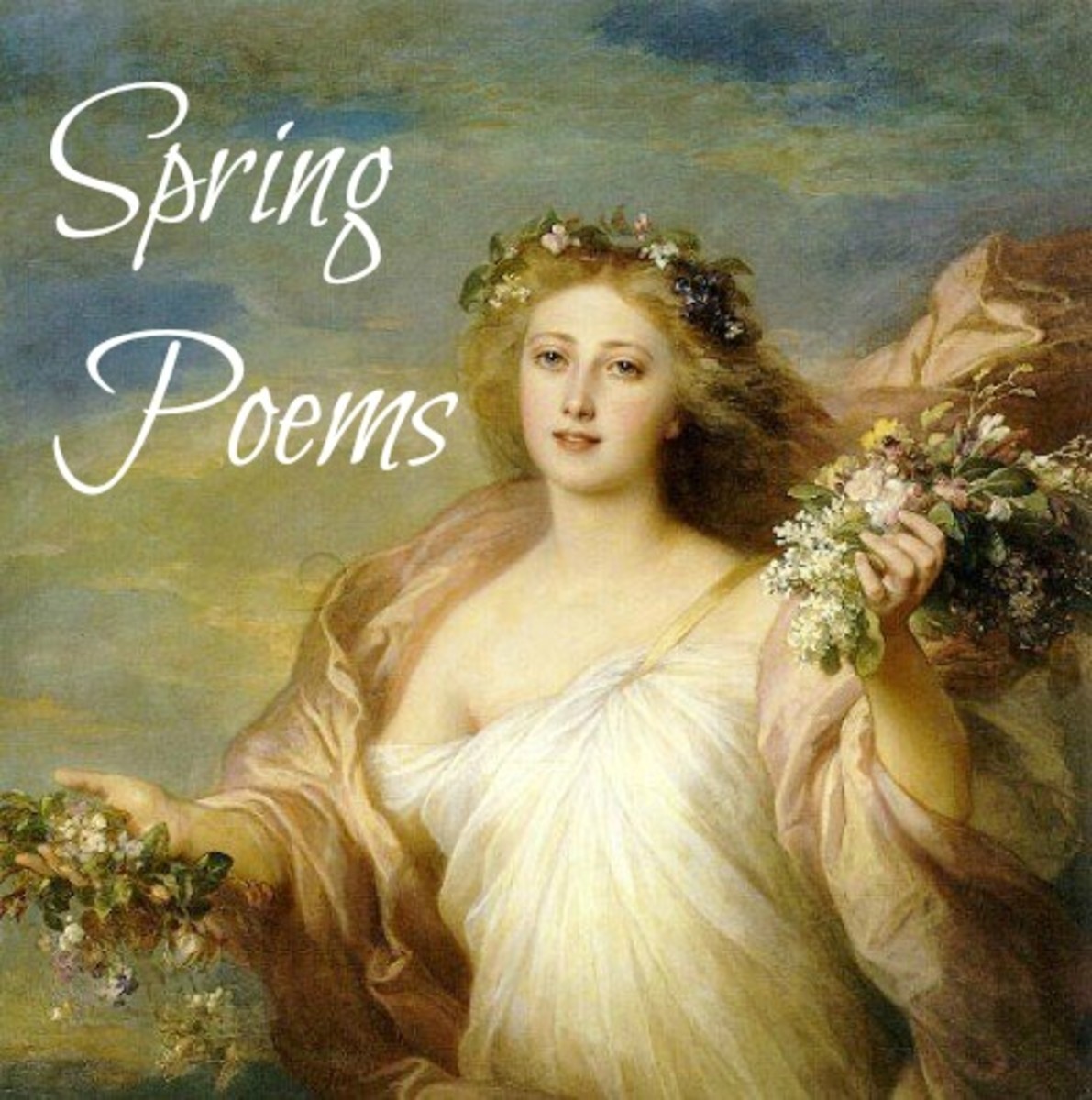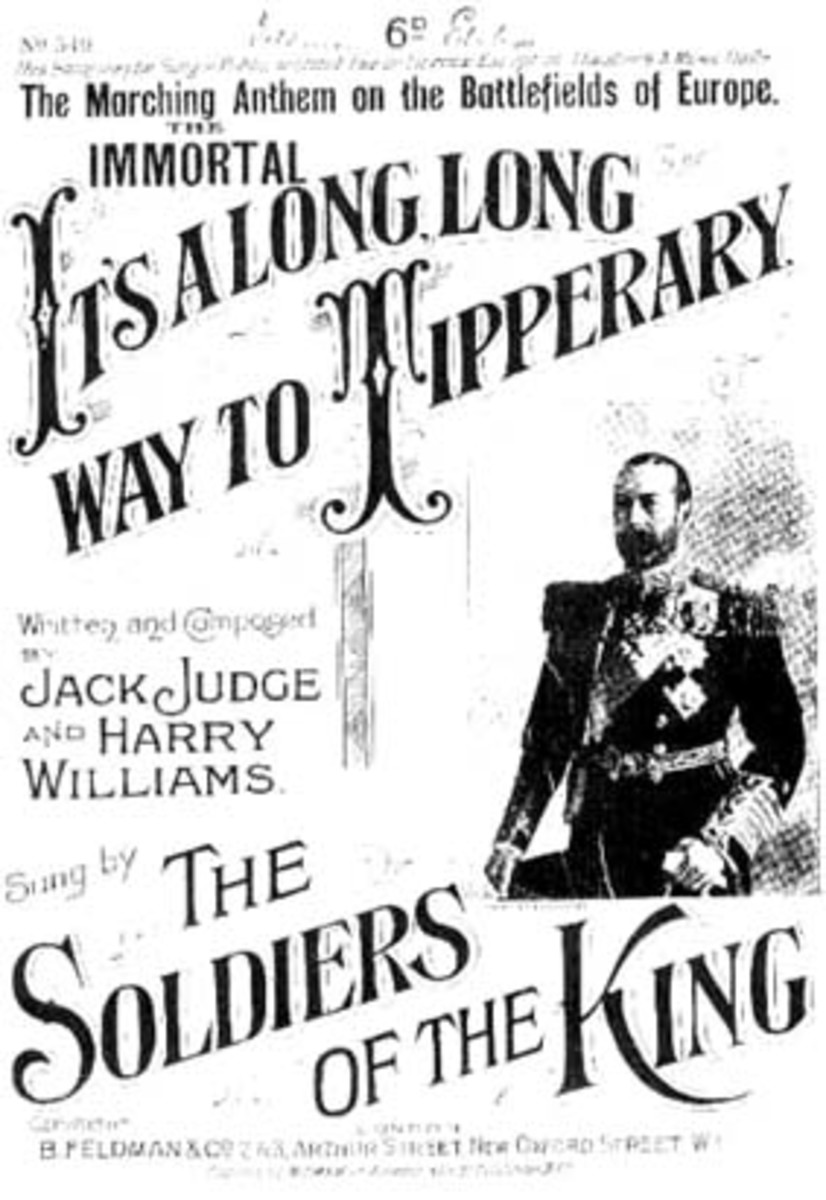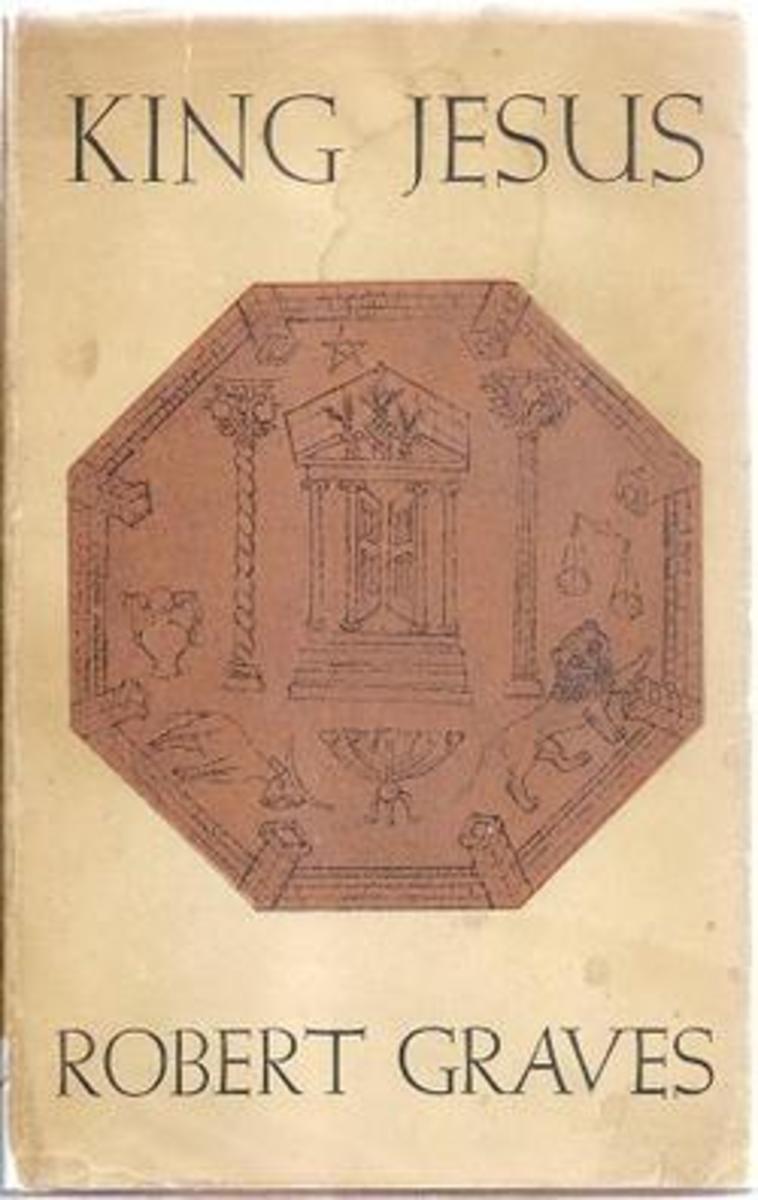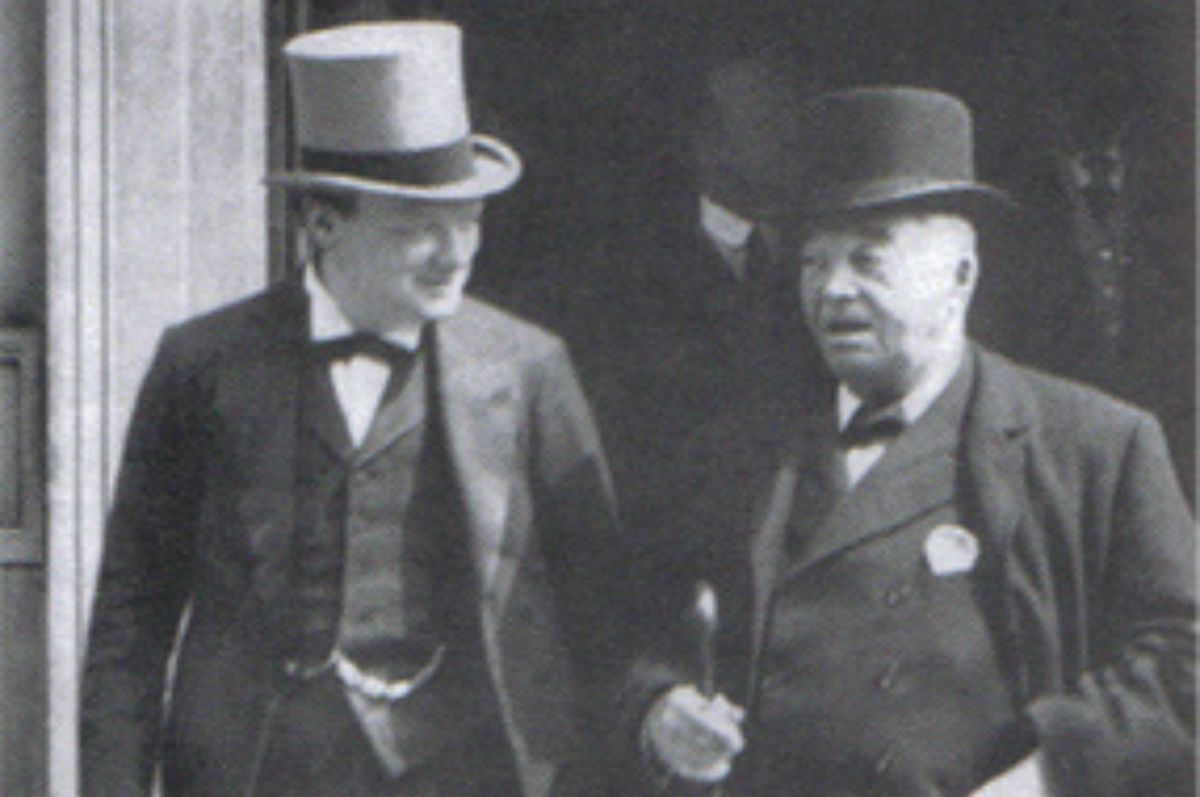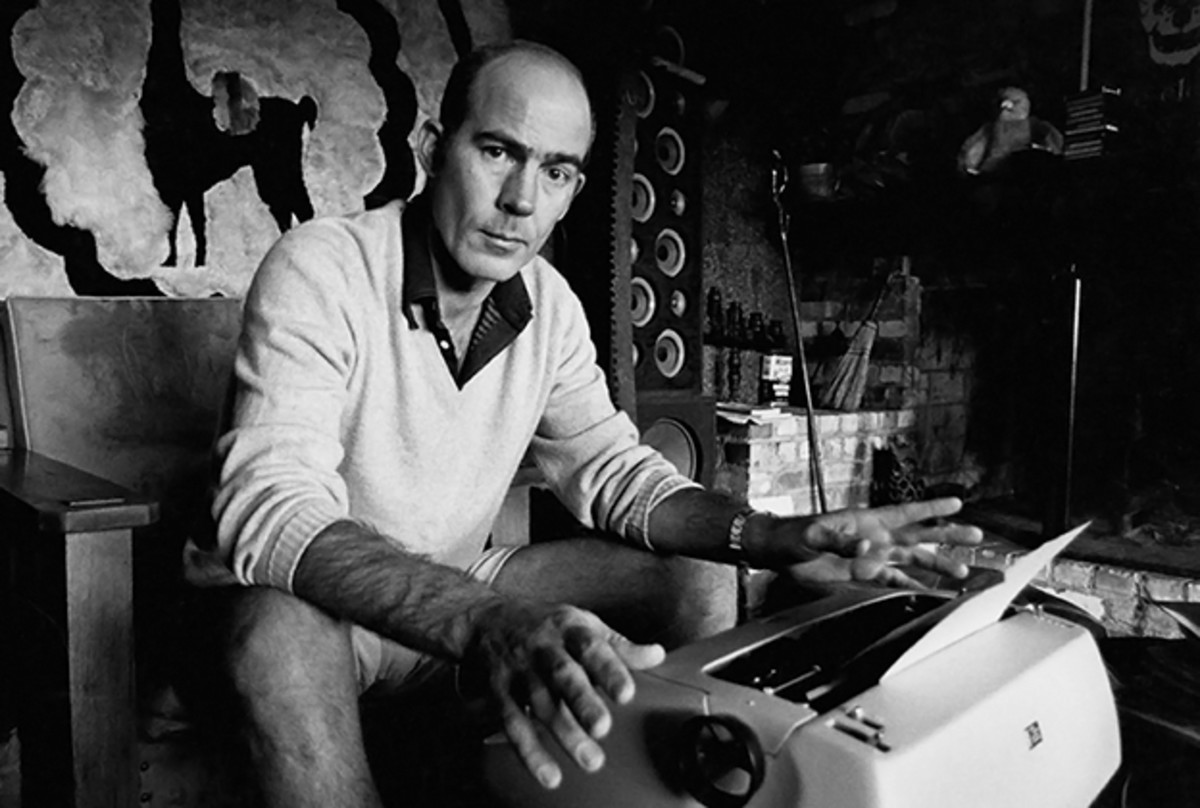Biography of Robert Graves, Author and War Poet
Robert Graves was an English poet born to an Irish father and a German/English mother in 1895. Graves grew up in England, and was educated in British prep schools, where he found himself with the overall educational system. As a student, Graves exhibited a sense of escapism into poetry, writing often of the countryside of Wales where he often spent vacations.
One week after Graves graduated, World War I broke out. In a life-changing decision, Robert Graves decided to enter the military instead of Oxford as he had planned. Initially stationed in the trenches of France, he saw relatively little action during the early part of his service.
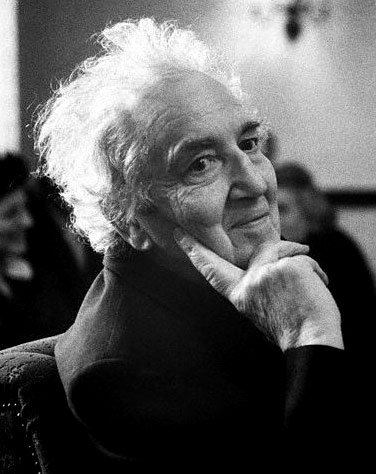
Graves continued to write poetry while in the trenches; many of these earlier poems tended towards celebrating the glory and bravery of battle. He was eventually wounded in action, and during his recovery period spent a significant amount of time with the poet Siegfried Sassoon. Together, the two men came to the conclusion that the war was being fought for the wrong reasons, and both returned to the front lines with a growing sense of disillusionment about the nature of the war and its politics.
At one point, Graves stated that the public was being “systematically misled by politicians and the press,” and that this sentiment was the basis for the change in tone of his later poems. No longer focused on romantic images of heroism, both Graves and Sassoon sought to expose the harsh and often unbearable conditions faced in the trenches, and explored the meaning of war and it’s suffering.
In reading Graves' poetry, one does not see an abrupt change from traditional war epic to poetry of witness. Rather, his experience in the trenches and friendship with Sassoon seemed to facilitate a more gradual transition towards the stark depictions of the horror of battle and hypocrisy of governments found in his later work.
In his early poetry, while Graves does appear to covet the ideal of heroism and military camaraderie, there is a dark edge to the poems nonetheless. Most likely, this darker edge was likely percolating and brewing during his times in the trenches, which solidified during his convalescence and collaboration with Sassoon (the two edited each other’s work while they recovered).
For example, in a poem published in 1916, Graves describes soldiers as:
Learning to play the butcher's part,/ Though the woman screams inside---/ Learning to leap the parapet.../ Side by side with fighting men." By contrast, in a later poem, Graves abandons any allusions to horror, even dark or frightening allusions, and states:
'God, if it's this for me next time in France ...
O spare the phantom bugle as I lie
Dead in the gas and smoke and roar of guns,
Dead in a row with the other broken ones
Lying so stiff and still under the sky...
Here the tone has changed dramatically. Instead of an abrupt turning point, we are witnessing the evolution of a poet and a poetic conscience.
After the war, Graves married, and devoted himself to fairy tales and children’s poems illustrated by his new wife. For a time he ignored the war and other such weighty subjects, however this changed with the publishing of his autobiography, Goodbye to All That, which criticized Britain for shipping it’s youth off to die in battle, and made robustly clear his disenchantment with his country.
Graves and his wife then left the country for Spain, where they lived until a series of extramarital affairs and more war disrupted their relative peace. Graves went on to become a distinguished author and poet, but always remained influenced by his experience in the first World War. Graves has articulated that “a poet is one who uses all the resources of language and his own talent to articulate man's overcoming of the cruel face of one's historical period.”
Graves went on to study Greek mythology, classical texts, religion, philosophy. His work serves as political and social commentary, as well as an exploring religious (both Christian and non) values and teachings. Graves has published an extensive body of work, including fiction and non-fiction. Most commonly known for the historic novel I, Claudius Graves nonetheless is critically acclaimed first and foremost as a poet. Graves died in 1985 at the age of 90.
References:
Literature Encyclopedia. “Robert Graves”
First World War Prose and Poetry-Robert Graves: A Twentieth Century Life
http://www.firstworldwar.com/poetsandprose/graves_article.htm
Selected Poetry of Robert Graves available on Literature Online


